It seems encouraging to say “shoot for the stars,” “you can do anything you set your mind to,” or “the sky’s the limit.”
Shooting for the stars, or having an ideal to work toward, is great! I’m doing it right now. I’m practicing to be a great jazz pianist (someday). And I’m telling people all about my new piano method books for babies, with the hope that millions of families will grow closer together by learning piano together. I hope that the humanitarian efforts that we as a community build, will help lots and lots of people to get in, out of the weather, and to have a chance to create the lives they really want.
But I’ve learned that ideals like these can backfire if we don’t look back to where we came from pretty often. Especially with little kids. Very little kids don’t have the ability to hold two thoughts at the same time. So helping them to look ahead too much can make life difficult for them to process, and can actually be so discouraging that they don’t want to participate.
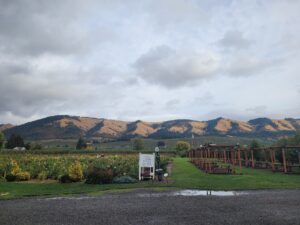
Even older kids and adults can have a hard time with ideals when they’re used as a measuring stick, and not just as inspiration.
“Measuring growth against ideals is like measuring our journey against the horizon.” – Dan Sullivan
The horizon is by definition always in the distance. You can fly all the way around the world, and never reach the horizon. Ideals are, by definition, always out of reach. They’re great for inspiration and for direction, but not very good for measuring progress or deciding whether or not you’re successful. Measuring success in terms of ideals has been shown to be a major cause of anxiety and depression.
Measuring success by looking back to where we’ve come from is more helpful for motivating forward progress. Feeling good about what you’ve done is not, as has often been believed, a cause to become lazy, complacent, or over-confident. It’s not, on its own, conceited or braggy. Feeling good about the progress you’ve already made has been shown to be the most helpful way to invite forward movement. When people measure progress from where they’ve been instead of where they want to go, their blood pressure tends to go down. They tend to be more happy and optimistic, and excited about the next steps. And they’re more likely to reach those goals, and get closer to those stars.
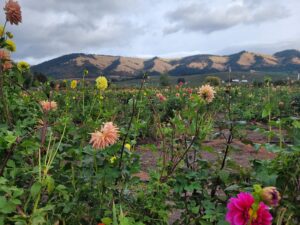
Kids learn from the things we say about ourselves in regard to our own success. So we can help our kids measure their own progress in a healthy way by measuring our own success by looking back to where we’ve come from.
At last weekend’s Piano Party and Recital, after we sang “Falling Falling Leaves” and talked about filling our basket with mistakes (see the blog about Playing), we took some silk flowers, and as each parent measured a length of green string for a stem, they talked with their child about the progress they’d made recently. And we stuck them to the window!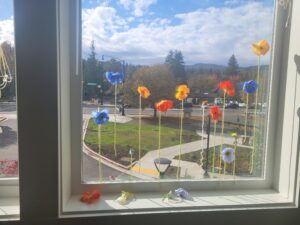
I heard things like “I had lots of fun playing the piano,” “I learned that piece by ear that I love to play,” or “I learned where all the dogs are on the staff.” For the very little students at the Piano Party, it was things like “I sang The Bee Song forte, andante, and presto” or “I loved spending music time with you.”
THEN we had our performances. Feeling good about your progress is a great way to get ready to share, because you’re more likely to be in a positive mindset about what you’re doing, rather than worrying about what people will think if you make a mistake.

Both the Piano Party and the Recital were so much fun! (We didn’t fill the mistake basket – it seemed like everyone just forgot all about whether or not they made mistakes
– I’m not sad about that.


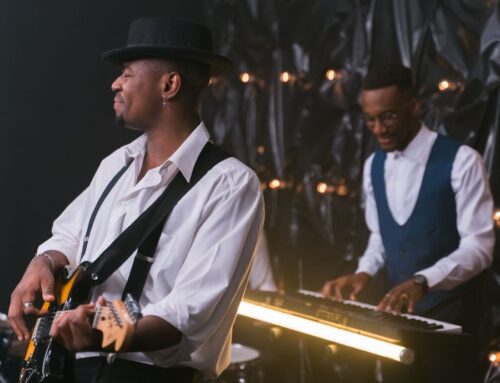
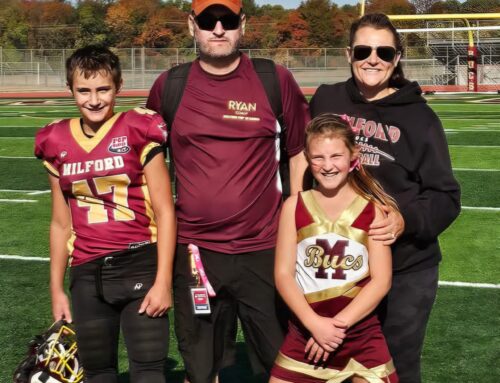


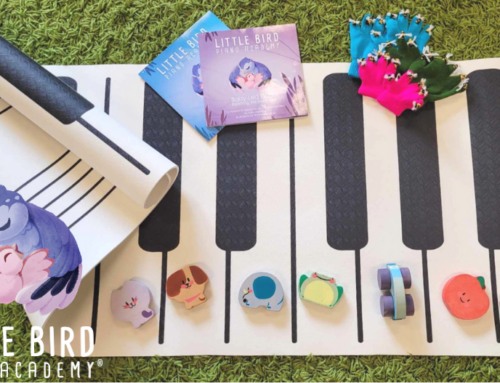
Thank you for sharing, Mrs Holly:)
My pleasure. It’s so fun to have you and your kids in class!